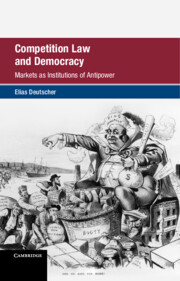This article examines electoral intimidation of voters at their workplace in contemporary new democracies. What is the relative importance of workplace intimidation in the broader portfolio of clientelistic strategies used by politicians at times of elections? What explains the subnational variation in the incidence of this electoral strategy? We answer these questions using empirical evidence from two East European countries – Romania and Bulgaria. We assess the prevalence of non-programmatic electoral mobilization in these countries by using list experiments, a survey methodology that elicits unbiased and truthful responses to sensitive political questions. We find that in both countries, workplace intimidation is an important component in the repertoire of non-programmatic mobilization used at election times. Workplace intimidation is especially pervasive in localities dominated by a small number of large employers. The importance of economic intimidation in the portfolio of clientelistic strategies declines as the economic heterogeneity of the locality increases.
